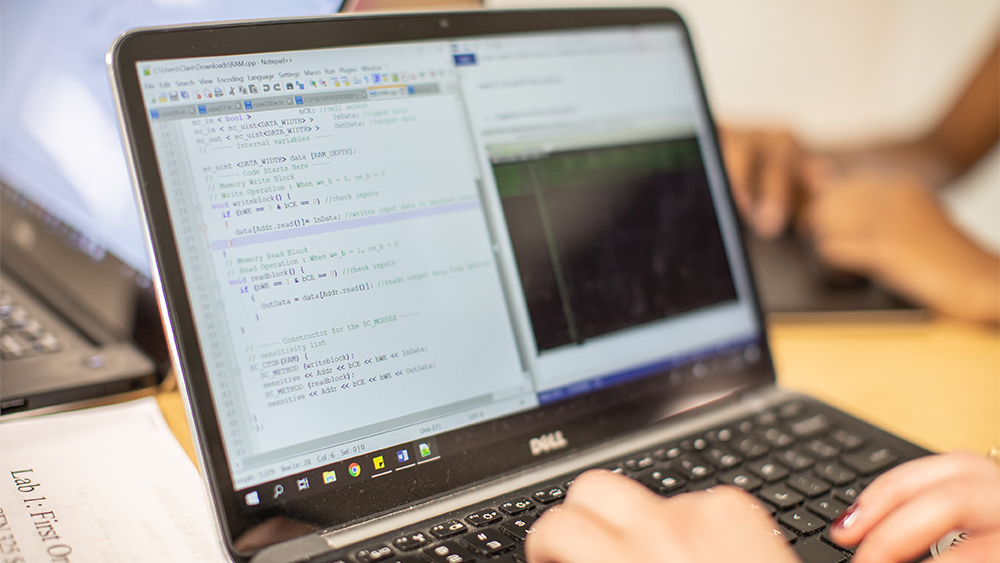
Petroleum engineering undergraduate students at Texas A&M University are required to work an internship in industry or research as a way to enhance their education. Considering the current pandemic situation and employment slump in the oil and gas industry, securing such a position proved a daunting challenge for students over the summer.
Catherine Sliva, director of the undergraduate program in the Harold Vance Department of Petroleum Engineering, pulled together a joint academic and industry initiative that provided summer workshops for these students that partially satisfied the learning experience requirement. Originally designed to help students who were unable to secure an internship, the workshops were quickly opened to all undergraduate students when spaces were available. Instructors from all over the world participated.
“These workshops were taught collaboratively by faculty and industry experts,” said Sliva. “They were taught online through either Zoom or Microsoft Teams but were very hands-on. The students gained experience and knowledge not covered in the classroom.”
Two workshops were offered. The first one, a two-week session led by former student Karen Olson, instructed students in the use of StimPlan, developed by NSI Technologies, to build hydraulic fracturing models using real-world data. The second workshop was divided into two sessions. The first week-long session, taught by faculty member Dr. Iskander Diyashev and his brother, Dr. Ildar Diyashev, introduced students to Pipesim by Schlumberger as they solved practical nodal analysis problems. The second week-long session was led by faculty members Dr. Eduardo Gildin and Dr. Mike King. In this session, industry experts from Petex taught students the skill of production modeling and solving real industry problems using their integrated production modeling software suite of tools.
The pilot program was a huge success, according to the students.
“I can't express my gratitude in words,” said Thomas Casarez. “This course was great. It's one thing to learn from a book. It's a whole other one to get to speak to so many industry professionals and even some legends in our field.”
“I think the part that was most beneficial was the amount of knowledge I got, not only about hydraulic fracturing but about current technology and how the industry works,” said Samantha Mack. “The personal experiences the speakers shared gave me a look into what it is like working in the industry I did not expect to get.”
Positive feedback like this has encouraged Sliva to continue her efforts.
“We hope to offer more workshops of this type to our students in the future,” said Sliva. “This is one more learning opportunity that will set Aggie petroleum engineers apart from their peers at other universities.”